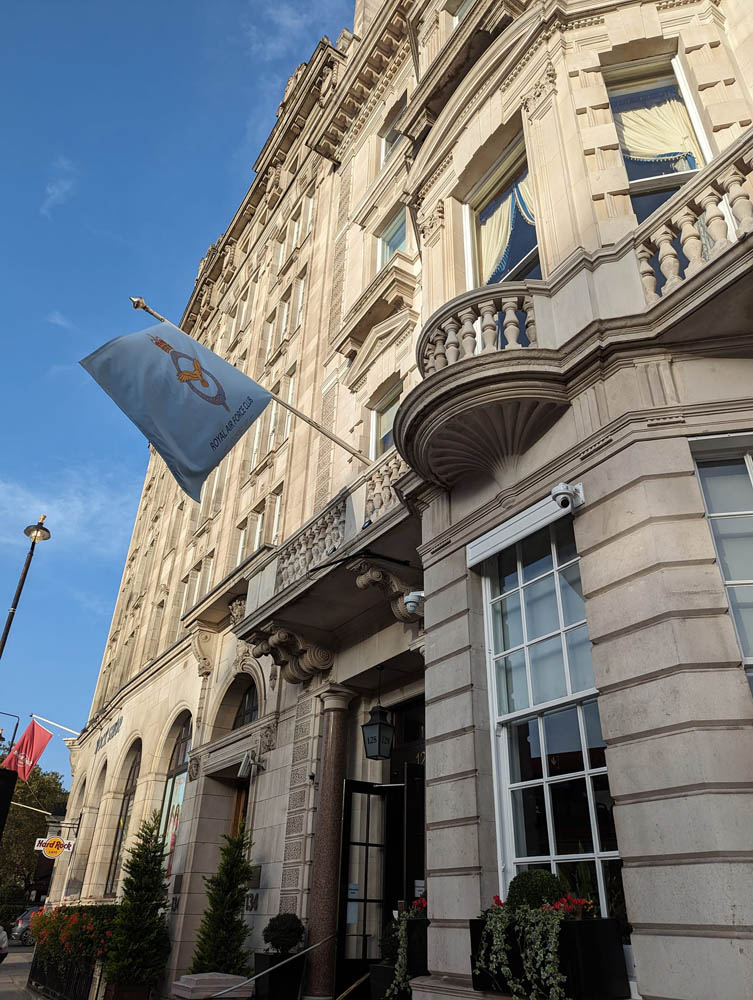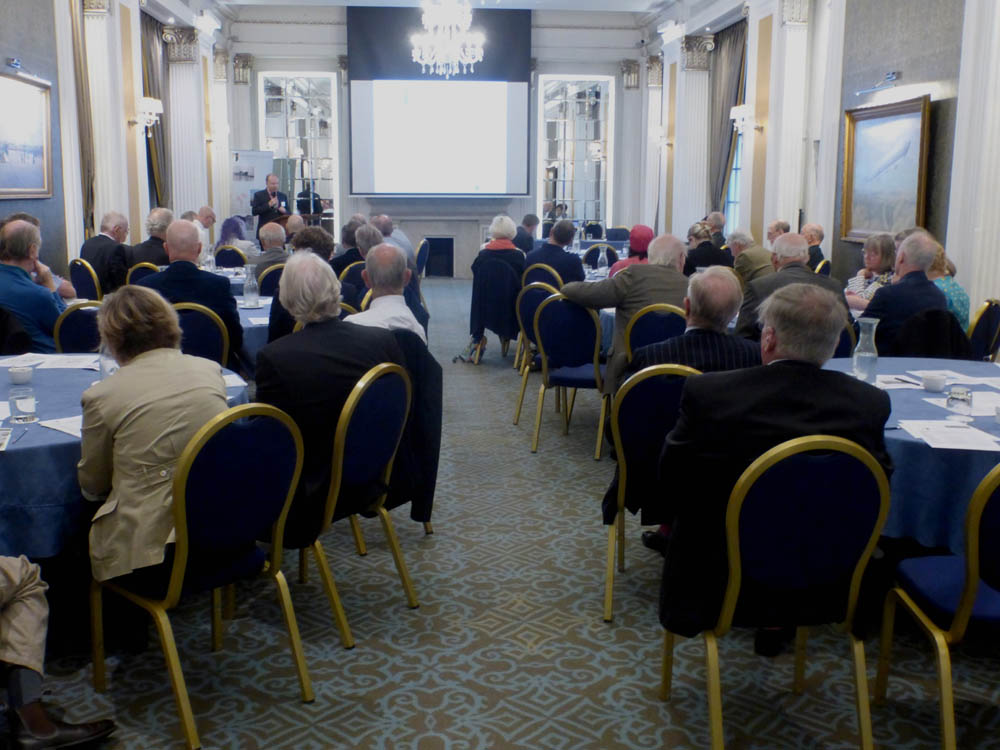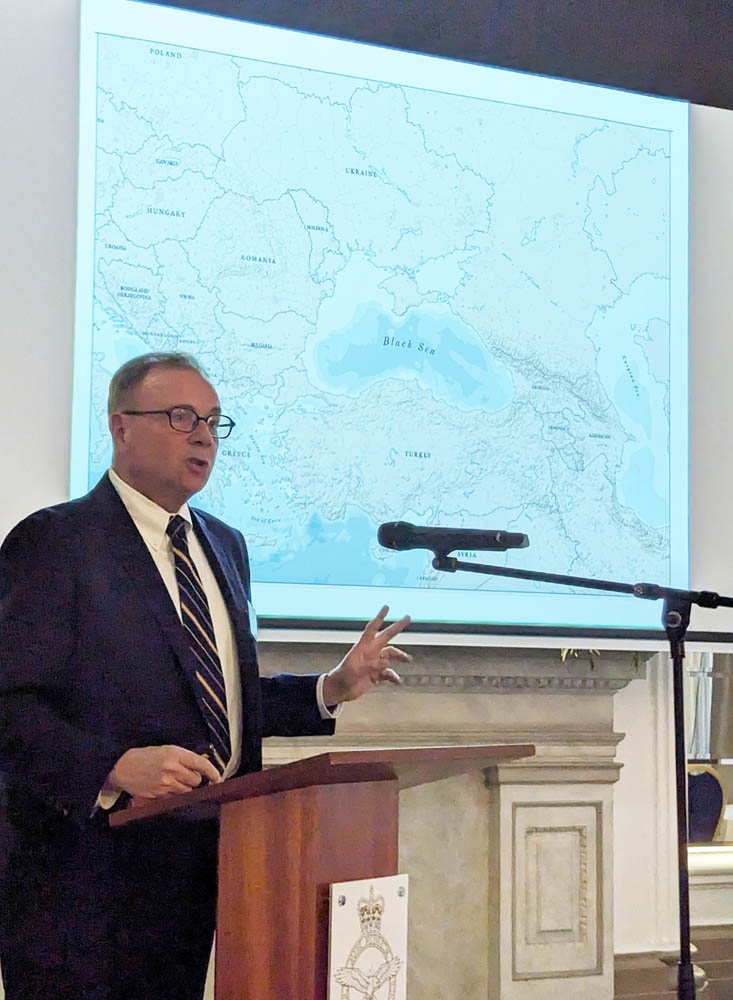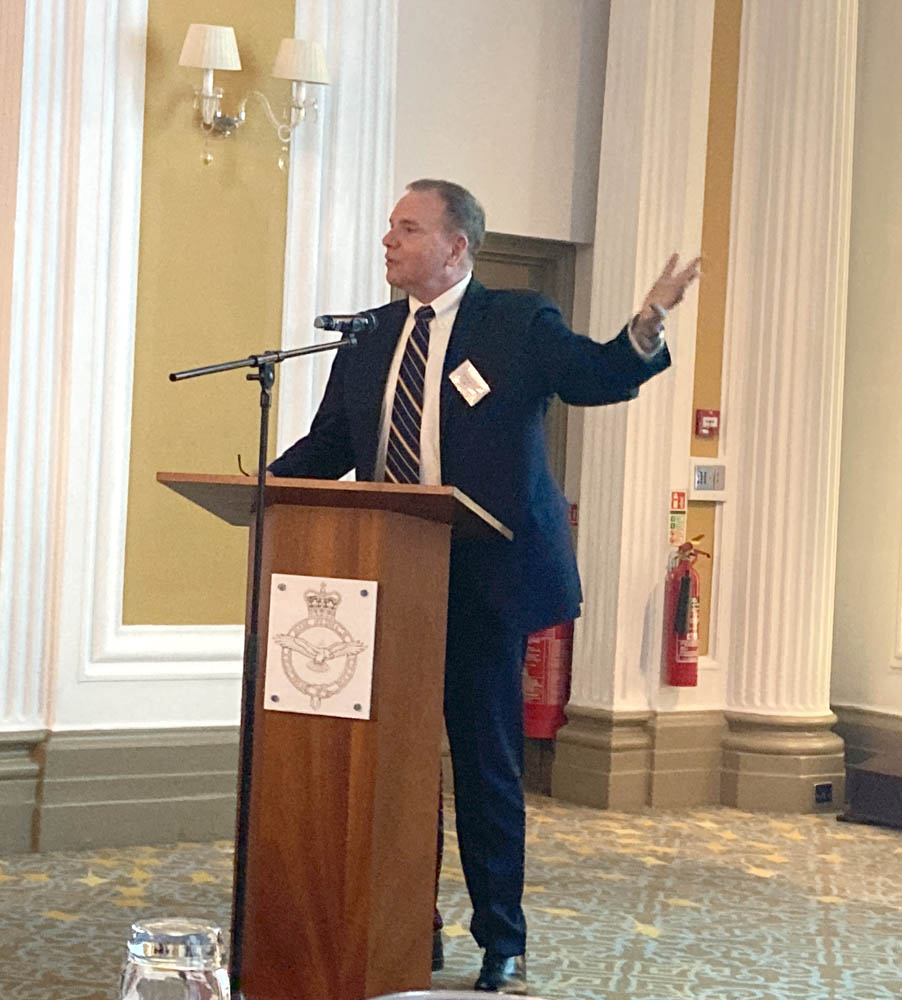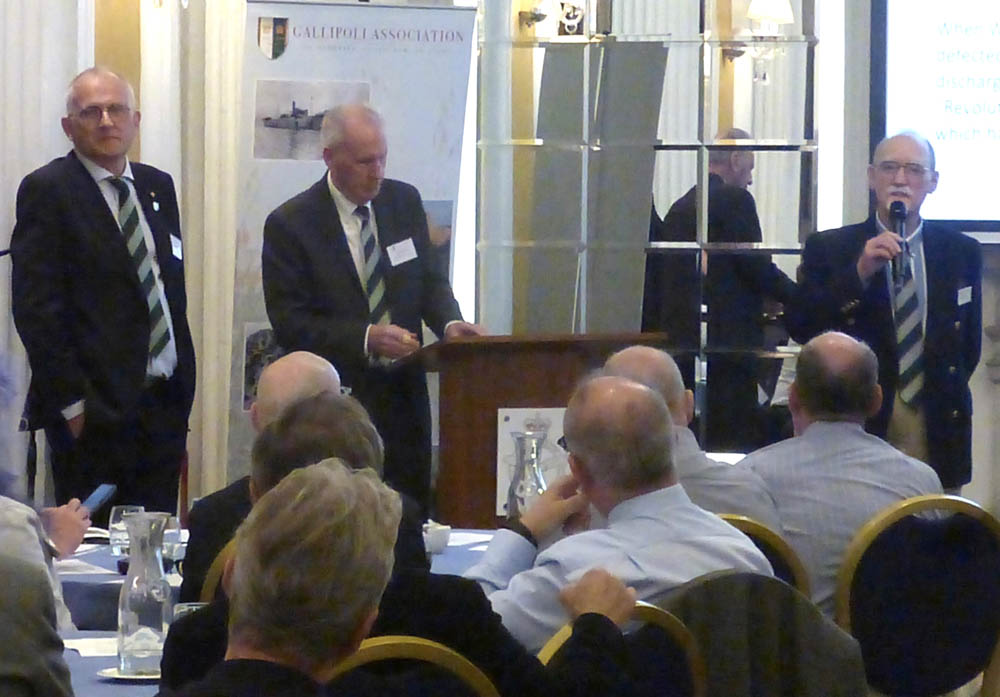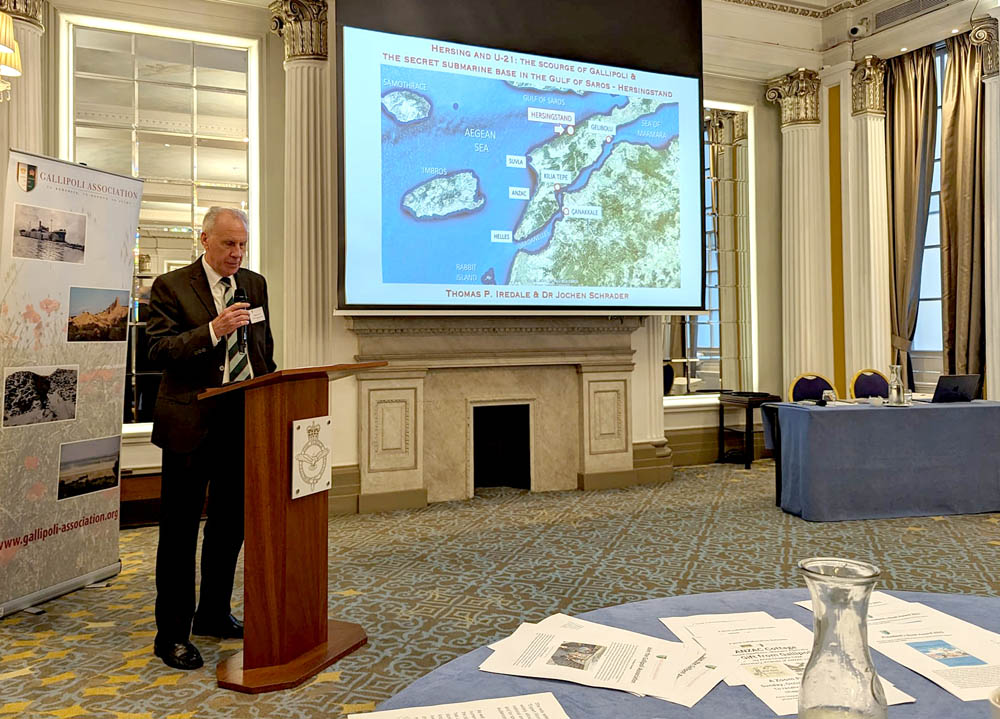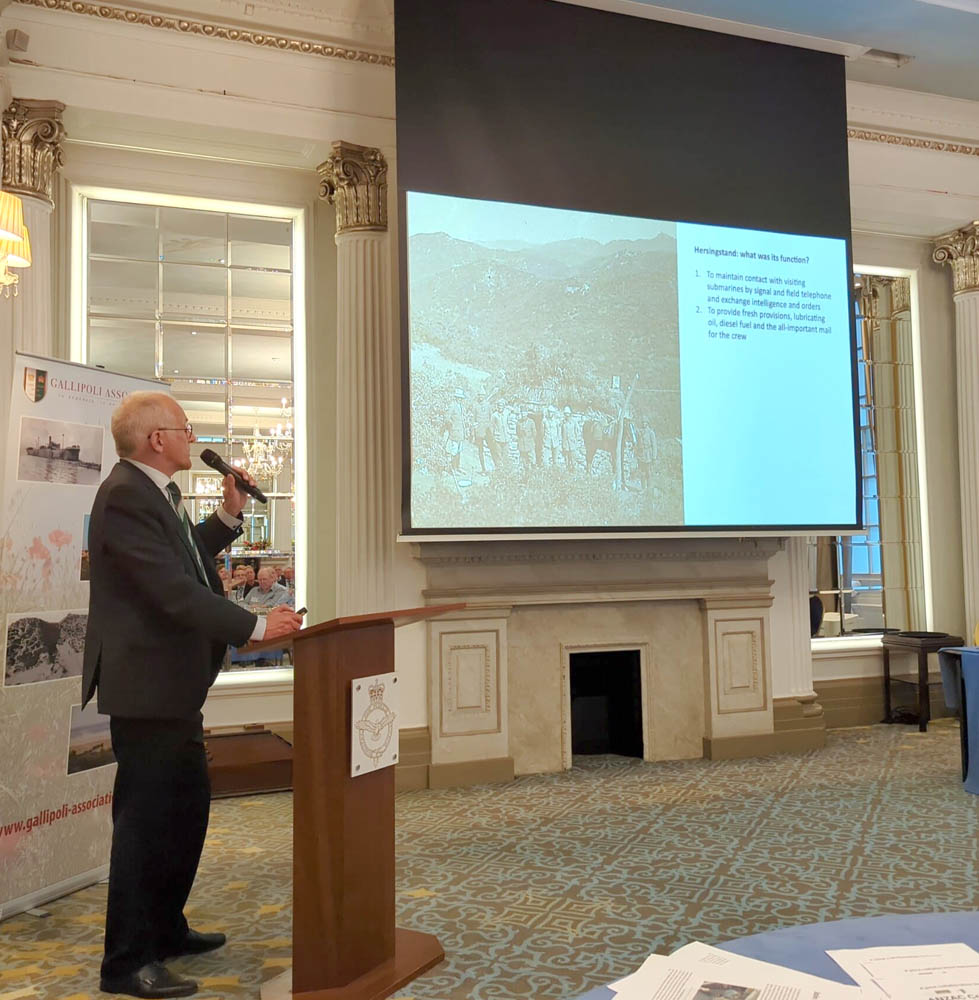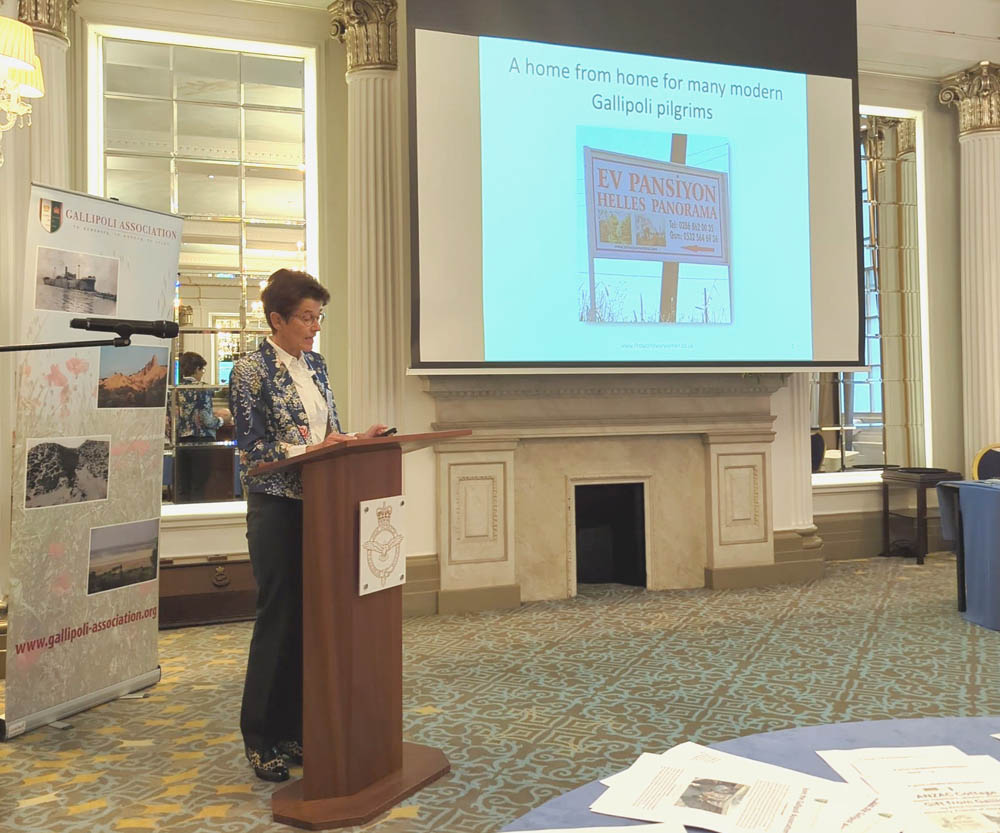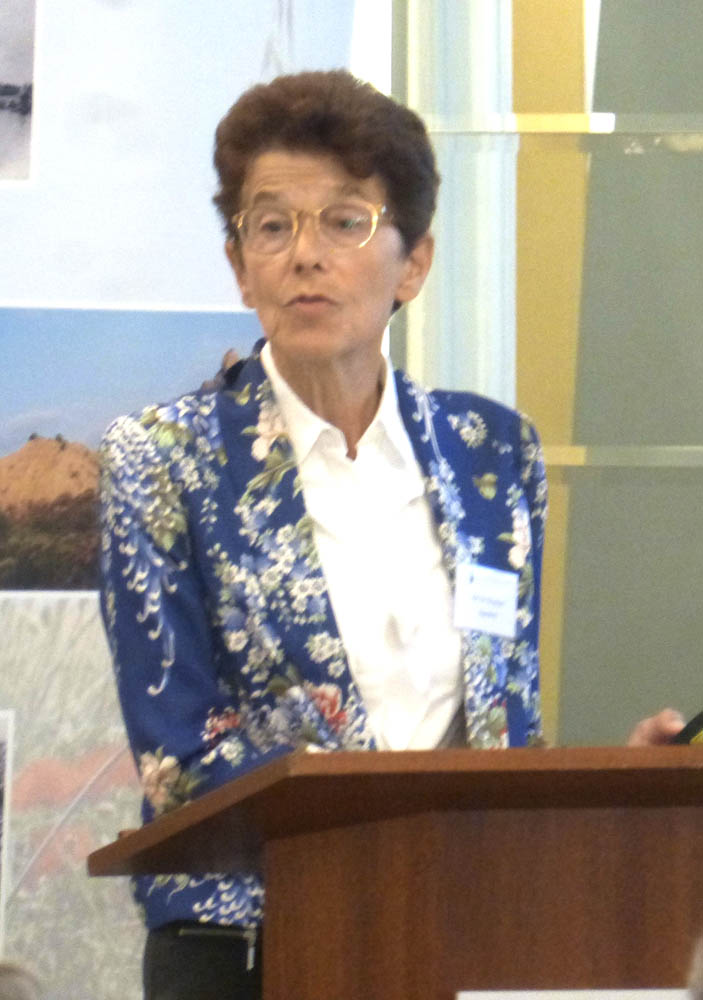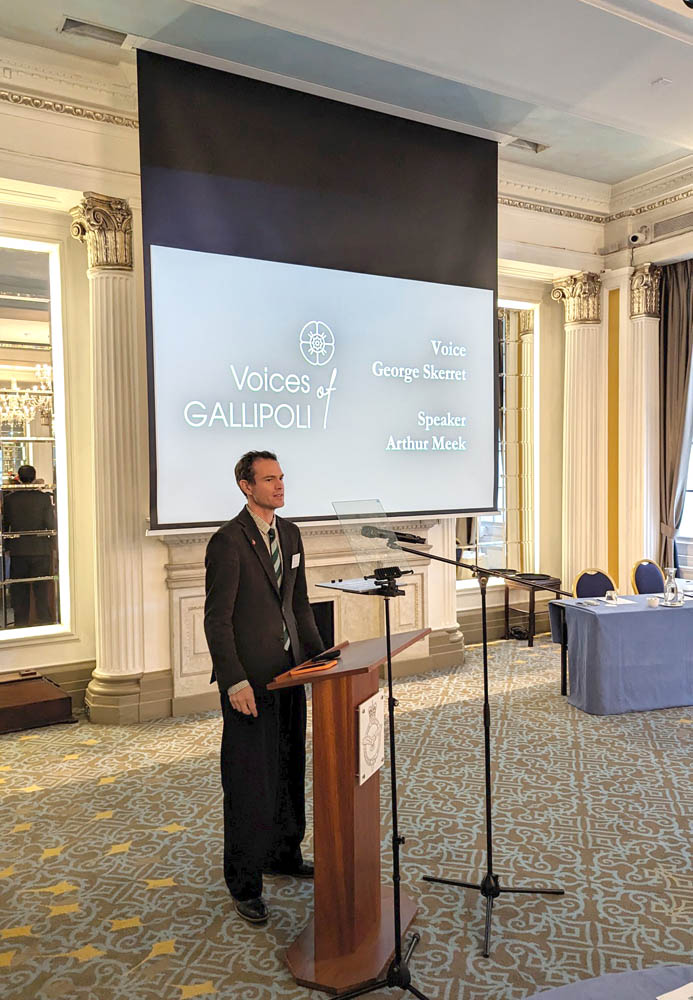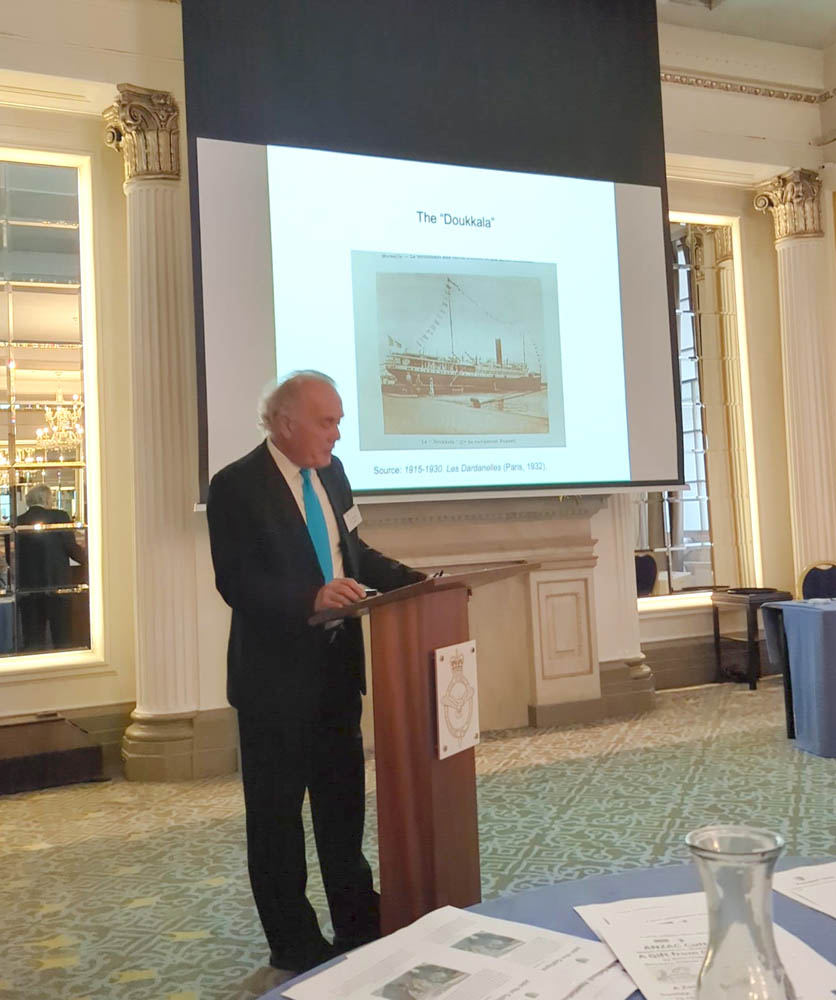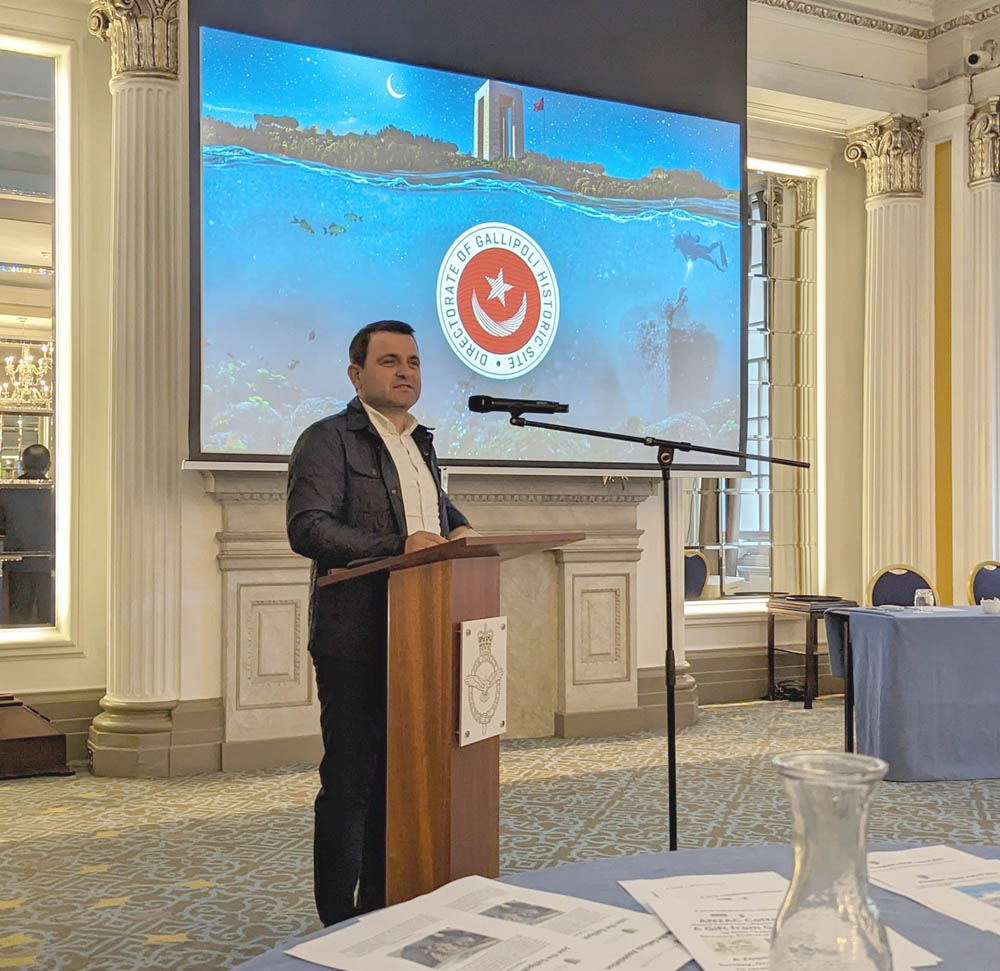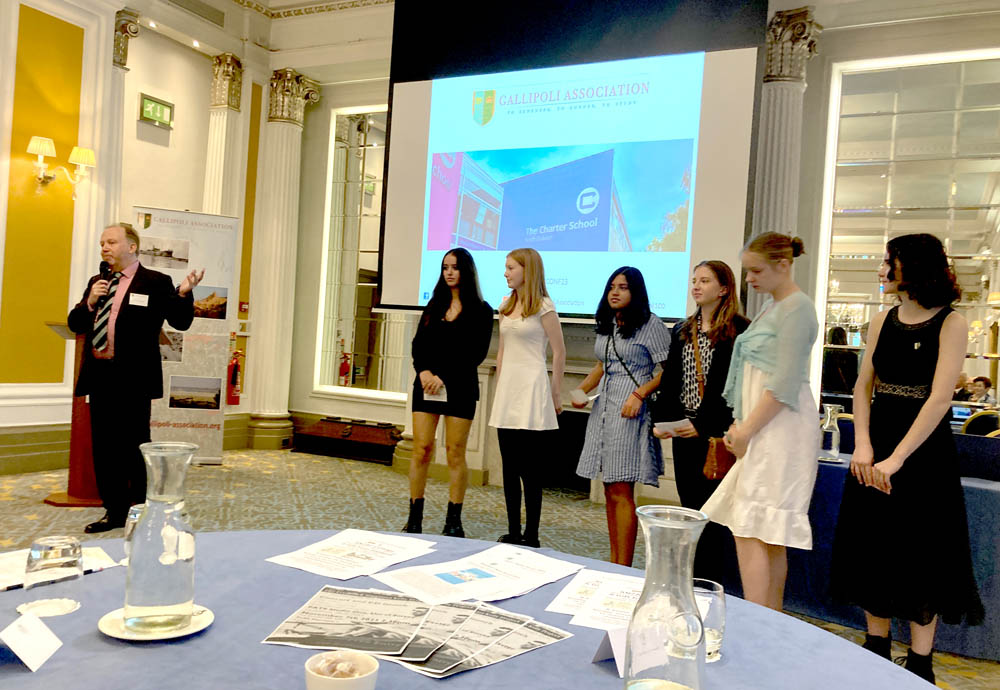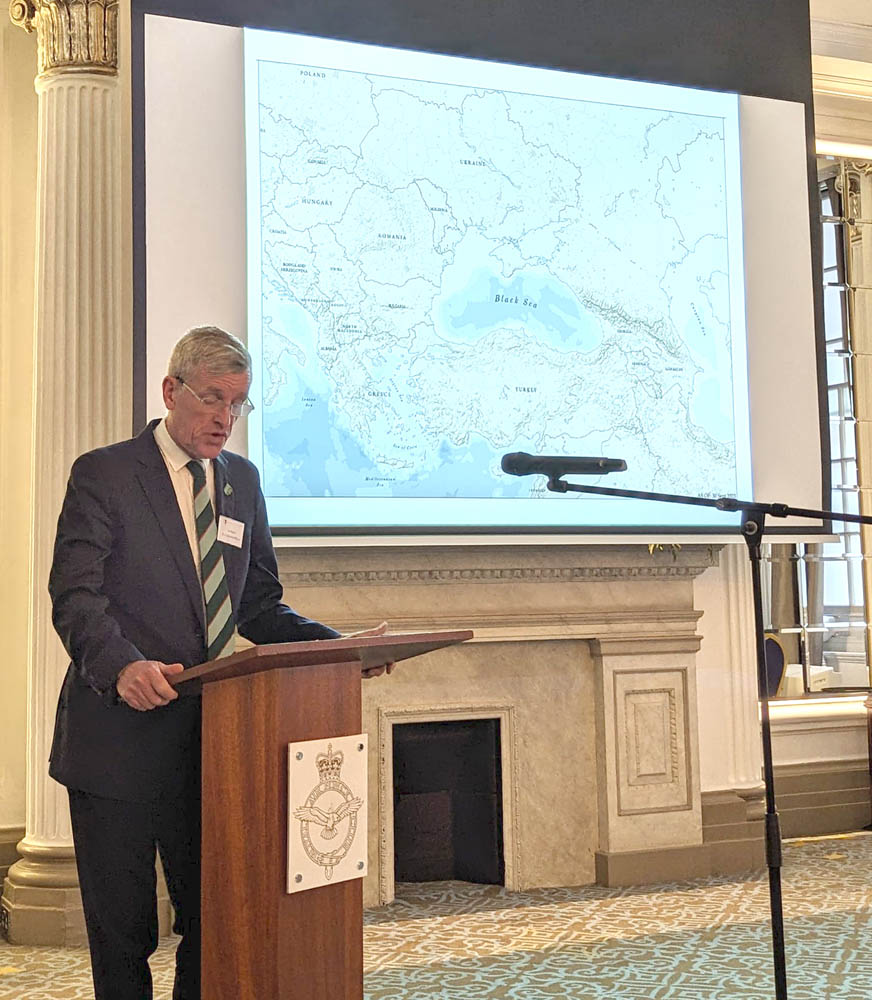Gallipoli Association annual conference: 2023 report
Peter Biles reports
NATO members should formally invite Ukraine to join the Alliance when NATO marks its 75th anniversary in Washington next summer in July 2024. The call was made at the annual conference of the Gallipoli Association by keynote speaker, Lieutenant General (US Army, Retired) Ben Hodges when he delivered an address entitled "From Gallipoli to Ukraine: Timeless Lessons in War-fighting". General Hodges reminded the audience that the Gallipoli campaign provided lessons that still have relevance today. "Leadership makes a gigantic difference", he said, pointing out that in 1936 George Patton had argued that if Mustafa Kemal had been in command of Allied forces at Gallipoli, they would have won. Answering questions about how the current conflict in Ukraine would end, Hodges, a former Commanding General of US Army Europe, said: “Vladimir Putin owns the narrative. This war will end when Putin decides he's lost."
This year's Gallipoli Conference, held at the RAF Club, Piccadilly, on 7th October, began with a double-headed presentation by conference organiser, Thomas lredale, who is also the Association's Overseas Liaison Officer and Dr Jochen Schrader, a geophysicist and IT specialist. Both had grandfathers who had served in the navy, but fought on land during the Gallipoli conflict. Tom and Jochen's joint subject was "Supplying the Dardanelles U-boat Scourge" and "The Secret Base in the Gulf of Saros." Thomas covered the exploits of the ocean-going submarine SM U-21 and the German war hero, Lieutenant Commander Otto Hersing, the first submariner ever to sink a warship with a self-propelled torpedo. The arrival of the U-boats and the sinking of HMS Triumph and HMS Majestic in May 1915 "recast the equation of forces at Helles", in the opinion of the British journalist, Ashmead Bartlett. "The great ships of war could no longer prowl night and day off the beaches." Jochen whose grandfather was Wolfgang Schrader, described the secret base known as Hersingstand, where a 7-man German Navy crew set up an observation post and provided services and provisions to many a submarine during its operational life from July 1915 until the British withdrawal.
Dr Vivien Newman has written seven books on the social history of the First World War years and she is known for disturbing myths and challenging received wisdom about women and children in the War. Her conference talk was called "Two Funeral Wreaths of Broken Song: Mothers' Poetry of Gallipoli." This provided an alternative view of the campaign through the writings of two amongst the multitude of parents who had to accept they would never even glimpse where their sons had fought and died. Over a 72-hour period, long-dreaded news from Gallipoli reached mothers, Alexandra Grantham and Sarah Toye who ln Alexandra's words, “with old and trembling hands,/ Groped in the darkness waiting / For sons who will never return.” The presentation highlighted that those killed in action were often from social backgrounds that were worlds apart, but the mourning was identical. "Mothers became the keepers of the nation's grief," Vivien Newman said.
The New Zealand playwright and screenwriter, Arthur Meek, offered a sequel to last year's moving performance "Voices of Gallipoli: Spreading the Words." Using his presidential-style teleprompter, Arthur delivered another dramatic oral history from a New Zealand soldier. This year the words spoken, were those of George Skerrett of the Otago Battalion. The performance is part of an international project to remember and honour the experiences of combat veterans by speaking their words out loud.
John Horne, former Professor of Modern European History at Trinity College, Dublin posed this question relating to the 1915 campaign. “A Colonial Expedition? French Soldiers' Experience at Gallipoli." He said as many French soldiers as ANZACs fought at Gallipoli. Their preconceptions had more to do with colonial campaigning than with the dominant French experience of the Great War - mass mobilisation to defend the nation at home. At the Dardanelles, the French found the opposite of what they expected. The French joined in the British expedition largely because they did not wish to leave their ally a free hand in Syria and Palestine should it succeed. Prof Horne concluded: Being not only an expedition but also one that in many respects was colonial, ensured that the French soldiers' experience at the Dardanelles would be relegated to the margins of national memory despite the fact that by its very nature, as a front, it spoke to the central military experience of the Great War.
Approximately 70 guests attended this year's Gallipoli Conference, including Mr Ismail Kaşdemir, the Director of the Gallipoli Historic Site, who gave a brief address in English and a presentation of the latest developments there, which included the renovated castle at Seddulbahr and the diving experience in the Underwater Park.
Also present at the conference were six 15-year-old history students from the Charter School, North Dulwich who spoke eloquently about their bursary trip to the Peninsula earlier in the year. ln his closing address, Education Co-ordinator, Ian Binnie, said the memory of the Gallipoli campaign was being kept alive by these young students.
Long-standing GA member Peter Biles is a journalist and former BBC correspondent in East & Southern Africa. His grandfather, Asst Paymaster Harry Biles RNVR, served on the staff of the 2nd Brigade of the Royal Naval Division, was killed on 13th July 1915 and is buried in Skew Bridge Cemetery.
Photos
|
RAF Club |
GA Historian Stephen Chambers gives the opening address at the Conference |
|
Lt Gen Ben Hodges (US Army Retd) |
Lt Gen Ben Hodges (US Army Retd) talking about “Timeless lessons in War-fighting” |
|
Michael Robson introducing Dr Jochen Schrader and Thomas Iredale for their joint talk on U.21 and Hersingstand |
Thomas Iredale recounting the exploits of Lt Cdr Otto Hersing and his U21 known as the “Saviour of the Dardanelles” |
|
Dr Jochen Schrader talking about hıs grandfather’s role at the secret U-boat base ın the Gulf of Saros |
Dr Viv Newman talking about the anguish of mothers whose sons never came back from the war |
|
Dr Viv Newman |
Playwright Arthur Meek speaking the words of George Skerret of the Otago Battalion |
|
Professor John Horne elaborating on the subject of the colonial aspect of the French Expeditionary Corps |
Director Ismail Kaşdemir of the Gallipoli Historic Site addressing the conference prior to presenting new attractions on the Gallipoli peninsula |
|
GA Historian Stephen Chambers introduces the history students of North Dulwich Charter School, who took part in the GA sponsored Gallipoli visit in June 2023 |
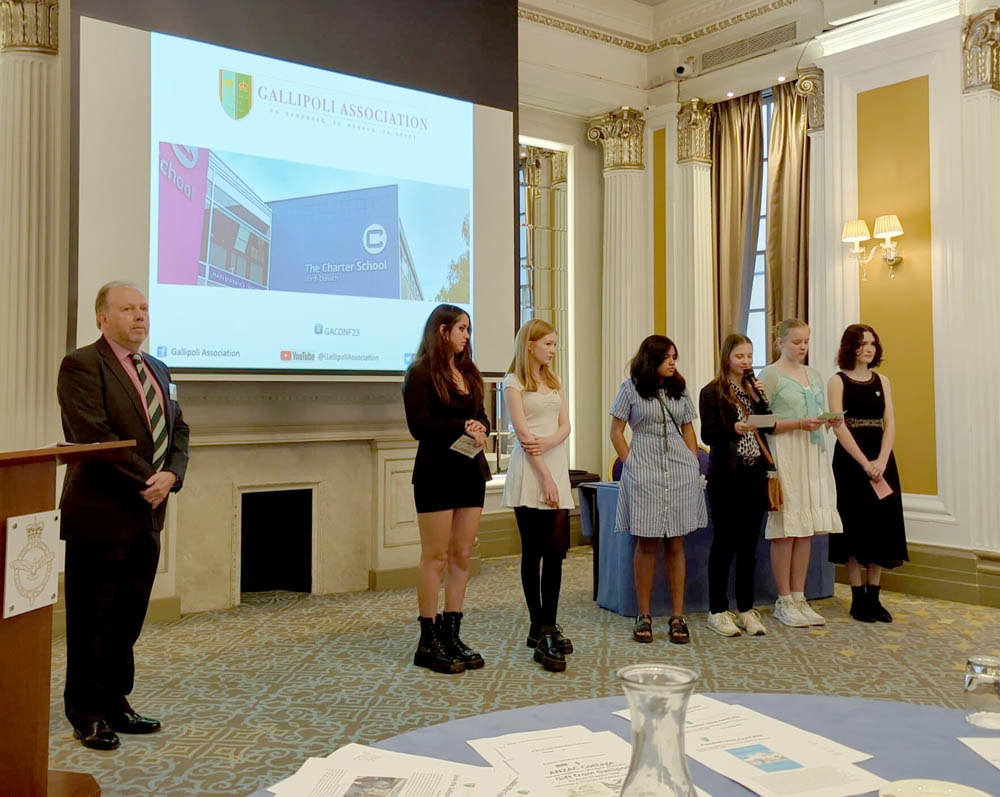 |
|
GA Educatıon Offıcer Ian Bınnıe giving the closing address of the Conference |

